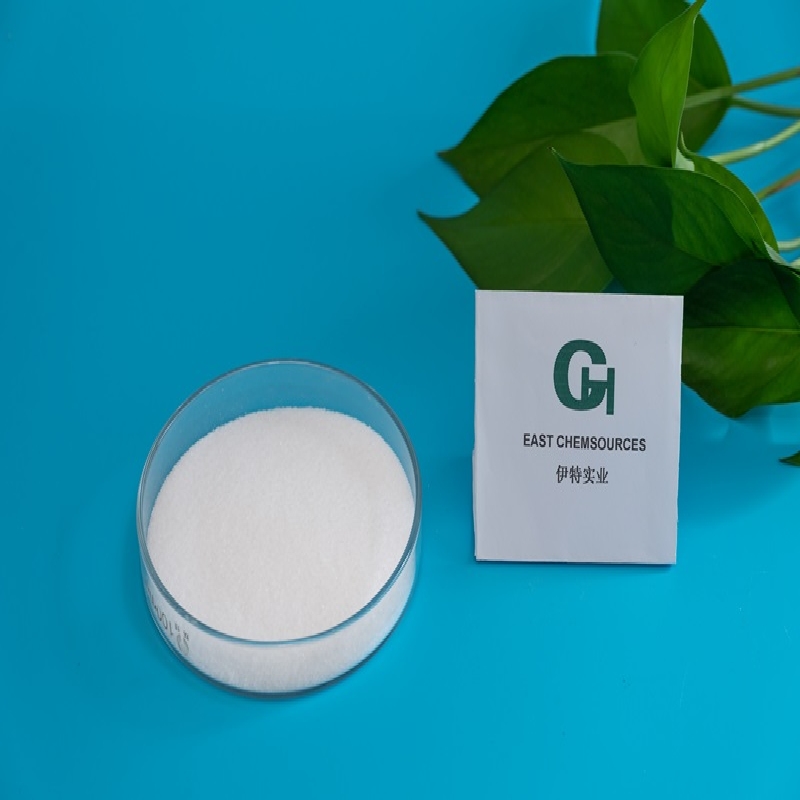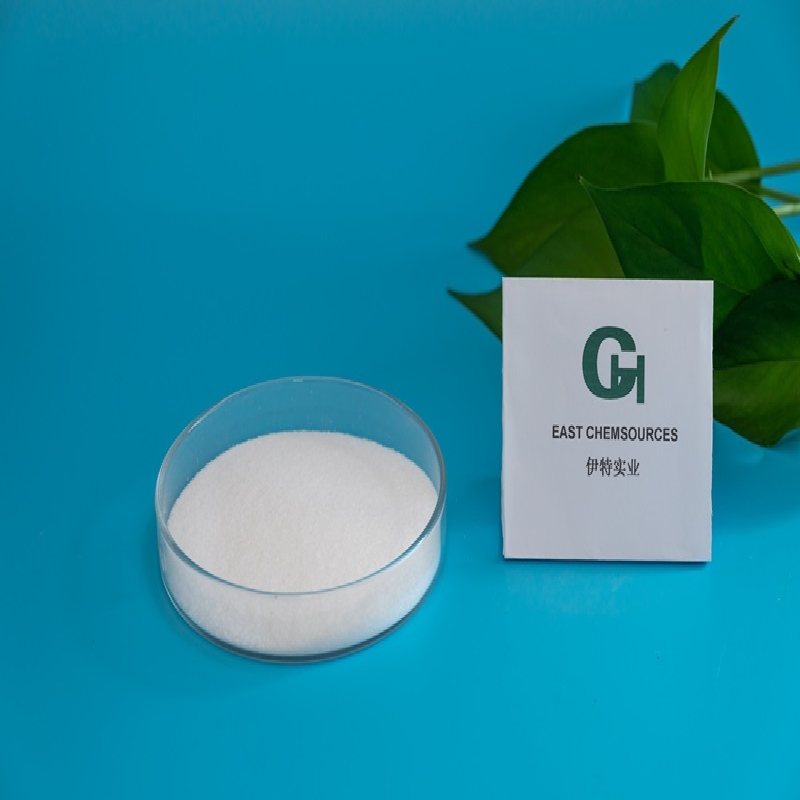-
Categories
-
Pharmaceutical Intermediates
-
Active Pharmaceutical Ingredients
-
Food Additives
- Industrial Coatings
- Agrochemicals
- Dyes and Pigments
- Surfactant
- Flavors and Fragrances
- Chemical Reagents
- Catalyst and Auxiliary
- Natural Products
- Inorganic Chemistry
-
Organic Chemistry
-
Biochemical Engineering
- Analytical Chemistry
- Cosmetic Ingredient
-
Pharmaceutical Intermediates
Promotion
ECHEMI Mall
Wholesale
Weekly Price
Exhibition
News
-
Trade Service
Immune checkpoint inhibitors (ICIs) are designed to rejuvenate the immune system to fight cancer cells
.
However, despite the unprecedented results, most patients do not respond well to ICI, and this phenomenon is related to some individual factors and drug resistance, such as the composition of the intestinal microbiota and the tumor immune environment
Immune checkpoint inhibitors (ICIs) are designed to rejuvenate the immune system to fight cancer cells
However, in published studies, no common bacteria have been clearly identified as key indicators and/or modulators of the ICI response
.
Helicobacter pylori (H.
Infect
To this end, the researchers used mouse models to evaluate whether immune checkpoint inhibitors or vaccine-based immunotherapy can effectively reduce tumor volume in mice infected with Helicobacter pylori
.
In humans, the researchers evaluated the correlation between Helicobacter pylori seropositivity and the efficacy of programmed cell death protein 1 (PD-1) blocking therapy in patients with non-small cell lung cancer ( NSCLC )
NSCLC
The results of the study showed that in mice implanted with MC38 colon adenocarcinoma or B16-OVA melanoma cells, uninfected mice treated with anti-cytotoxic T lymphocyte-associated protein 4 and/or programmed death ligand 1 or anti-cancer vaccines The tumor volume of mice was significantly smaller than those of infected mice
.
In the tumors of infected mice treated with cancer immunotherapy, the number and activation of tumor-specific CD8 + T cells decreased, regardless of the composition of the gut microbiome
Figure: The impact of Helicobacter pylori on cancer treatment
This study reveals for the first time that the gastric microbiota affects the response to cancer immunotherapy, and confirms that Helicobacter pylori serology will become a powerful tool for personalized cancer immunotherapy treatment
.
.
Original source:
Paul Oster.
Helicobacter pylori infection has a detrimental impact on the efficacy of cancer immunotherapies.
Leave a message here







